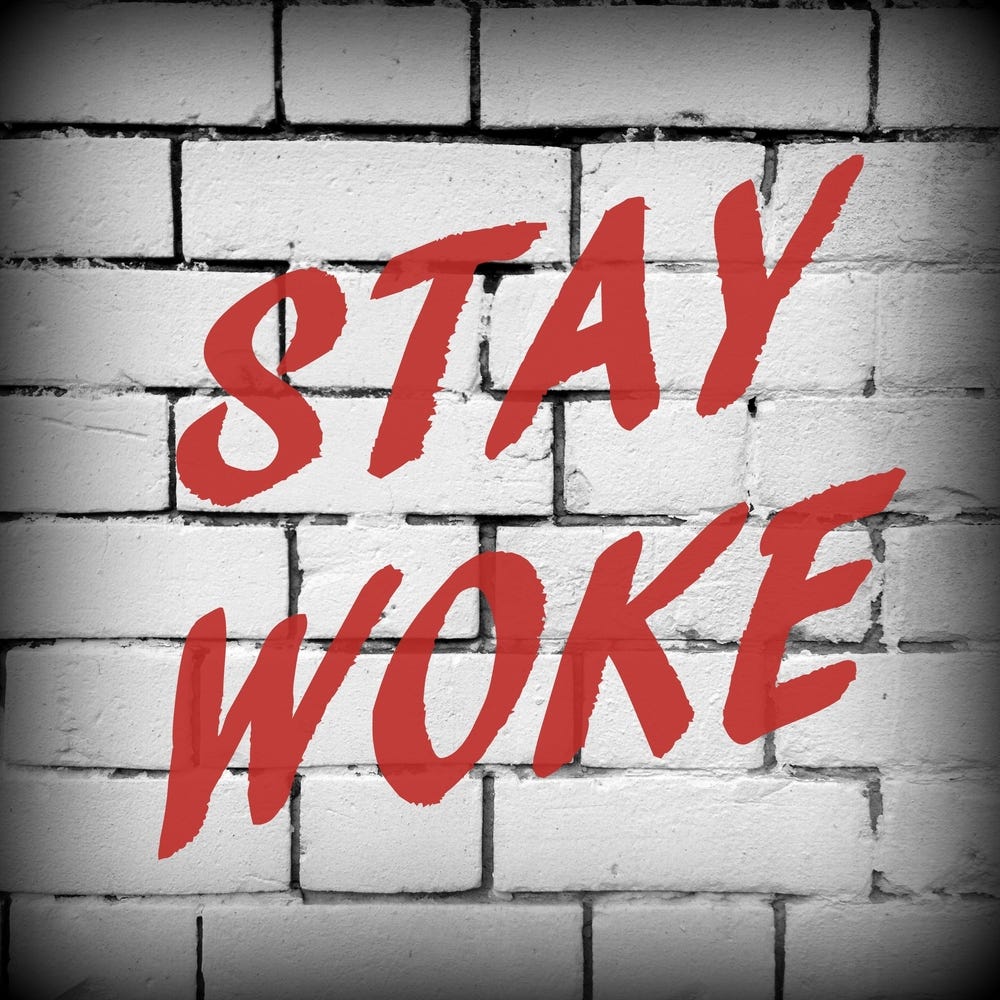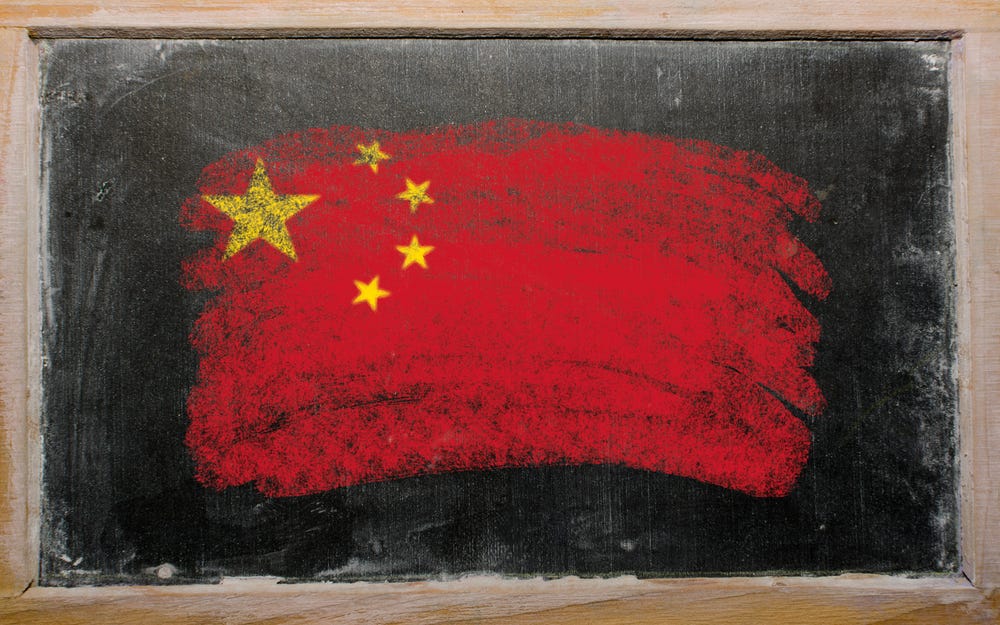E-Pluribus | January 27, 2022
The cancel culture generation, the illiberal right, and the long and dangerous reach of the Chinese Communist Party.
A round up of the latest and best writing and musings on the rise of illiberalism in the public discourse:
Eric Kaufmann: A Generational Threat to Free Expression
Even as some continue to insist cancel culture isn’t real, a significant number of young people fear its possible consequences in their own lives, writes Eric Kaufmann at City Journal. But, disturbingly, young people are more inclined to say that it is worth it to “protect historically disadvantaged groups.”
Another front in the culture war is censorship of speech, usually justified on grounds that such speech would inflict psychological harm on minorities and that power should be redistributed to “marginalized groups.” Activists pushing for such censorship organize online flash mobs and pressure campaigns, wielding accusations of racism, homophobia, or transphobia to ruin a person’s reputation and have them fired from their position. The problem is especially acute in higher education: the number of academics targeted for cancellation has exploded in recent years.
Young people are especially afraid of cancel culture. Forty-five percent of employees under 30 worry about losing their jobs because “someone misunderstands something you have said or done, takes it out of context, or posts something from your past online.” Just 29 percent of those over 55 have the same worry.
This fear, however, doesn’t appear to lead young people to oppose cancel culture. Most millennials and members of Generation Z are not cultural liberals too scared to say what they truly believe. Instead, many privilege cultural equality over freedom. By a 48–27 margin, respondents under 30 agree that “My fear of losing my job or reputation due to something I said or posted online is a justified price to pay to protect historically disadvantaged groups.” Those over 50, by contrast, disagree by a 51–17 margin. Younger age brackets are both more fearful of cancel culture and more supportive of it than are older age groups.
Read the whole thing.
John McWhorter: Stay Woke. The Right Can Be Illiberal, Too.
John McWhorter has a long history of calling out the woke left for its excesses. But in his latest at the New York Times, McWhorter says recent events have raised his awareness of and concern over illiberalism on the right, citing a willingness of some to tar all debate and discussion of race with the “critical race theory” label rather than engage with their ideological opponents.
Those of us who sustainedly criticize the excesses of the Great Awokening are often told that we’re making a mountain out of a molehill. That the real problem is censorship not from the left but from the right. That censorship from the left is largely a matter of pile-ons by anonymous Twitter denizens or college kids expressing themselves, while censorship from the right involves menacing officials dedicated to eliminating, for instance, discussion of race in schools.
The characterization of the problem on the left strikes me as somewhere between uninformed and willfully blind. […]
That said, I’m genuinely open to the idea that censorship from the right is more of a problem than I have acknowledged. The truth may be, as it so often is, in the middle, and a legal case from the past week has made me think about it.
Making sense of things requires synthesis, identifying what explains a lot rather than perceiving a buzzing chaos of people suddenly crazed, which is an implausible and even effort-light approach to things. In that vein, our problem today is illiberalism on both sides.
[…]
On the right, even if you’re wary of critical race theory’s effect on the way many kids are taught, it is both backward and unnecessary to institutionalize the sense that discussing race at all is merely unwelcome pot stirring (and if that’s not what you mean, then you need to make it clear). On the left, illiberalism does not become insight just because some think they are speaking truth to power. Resistance to this kind of perspective is vital, no matter where it comes from on the political spectrum.
Read it all here.
Liz Wolfe: When the CCP Threatens International Students' Academic Freedom
Pluribus has extensively covered the influence the Communist Chinese Party is having on free expression within China, but also far beyond its borders. Liz Wolfe at Reason documents the unique dangers of Chinese students and those responsible for teaching them during the pandemic, whether in person or remotely. As Tolkien might have put it, the arm of the CCP has grown long indeed.
Early in 2020, for example, many American professors had to deal with a novel conundrum: Students from Hong Kong were sent back home, but still Zooming into their university classes in America. "I don't think people understand how… a speech rule in China suddenly becomes a speech issue in the United States. It's kind of jarring," Foundation for Individual Rights in Education's (FIRE) Sarah McLaughlin's tells Reason.
[…]
American professors started "try[ing] to find the safest way to teach without censoring themselves," McLaughlin says. They have taken certain discussion off of certain platforms; started using blind grading and allowing students to not submit papers under their own names; changed some conversations to be one-on-one instead of group discussions where another student could possibly record or disseminate the comments of a student living under Beijing's thumb. Some professors, like Rory Truex at Princeton, issued warnings in their syllabuses, saying in essence that if a student was currently residing in China, they should wait to take a given class until they're back on American soil.
Academics elsewhere have stooped to disturbing self-censorship to stave off Chinese Communist Party (CCP) censors. A teaching assistant at the University of Toronto declared he'd been told not to talk about certain issues online because it could put some students at risk; a guest lecturer-journalist from the Hong Kong Free Press declined an already-agreed-to speaking opportunity at the University of Leeds because he had been instructed by hosts to avoid focusing on the Hong Kong protests out of concern for the safety of Chinese students attending the lecture remotely.
Read it all.
Around Twitter
Martha McCaughey, via Heterodox Academy, in defense of rigor:
A short thread from Peter Boghossian on merit-based hiring versus equity-based:
Finally, a good reminder from Thomas Chatterton Williams on the importance of being able to back up what you say:










